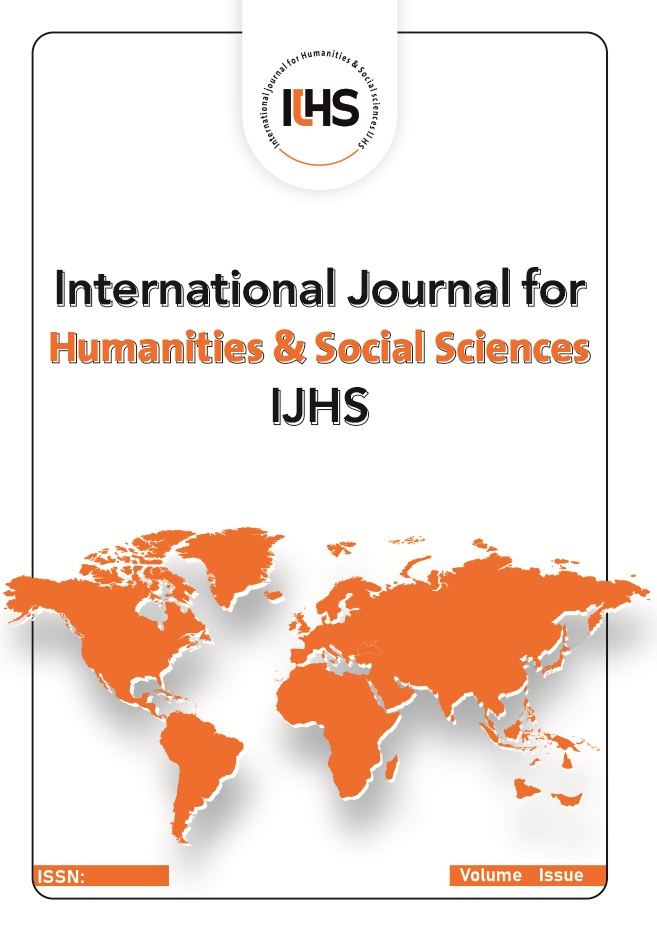Groundwater quality for clean water in gabek dua sub-district gabek district pangkalpinang city
Main Article Content
Abstract
The problem of groundwater quality in Bangka Belitung is the provision of clean water for society. The area condition contains tin metals. The research purposes are: (1) the groundwater quality for clean water in Gabek Dua Village and (2) the groundwater quality for clean water in Gabek Dua Village based on Health Ministerial Regulation No. 32/2017. The research design is descriptive with a quantitative method. The research variables are groundwater quality, such as physical parameters (odor, total dissolved solids, turbidity, temperature, color) and chemical parameter (pH), and groundwater suitability for clean water. The population of research is 227 groundwater wells. The sample of research is four groundwater wells with purposive area sampling. Data collection of research is observation, laboratory tests, and documentation. Data analysis of research is analysed (1) matching groundwater quality based on Health Ministerial Regulation No. 32/2017 and (2) descriptive analysis. The research results are (1) groundwater quality for clean water in Gabek Dua Village is suitable for physical parameters (odor, total dissolved solids, temperature, color). The turbidity parameter and chemical parameter (pH) are not accurate. The turbidity in III and IV wells are 33 and 65 NTU scales. The maximum turbidity is 25 NTU Scales. The pH in I and II wells are 5.75 and 6.15. The maximum pH is 6.5 to 8.5. (2) The groundwater suitability for clean water in Gabek Dua Village based on Health Ministerial Regulation No. 32/2017 is not suitable for the physical parameter (turbidity) and chemical parameter (pH).
Article Details

This work is licensed under a Creative Commons Attribution 4.0 International License.
International Journal for Humanities and Social Sciences (IJHS) is licensed under the http://creativecommons.org/licenses/by/4.0, which allows users to copy, create extracts, abstracts, and new works from the article, alter and revise the article, and make commercial use of the article (including reuse and/or resale of the article by commercial entities), provided the user gives appropriate credit (with a link to the formal publication through the relevant DOI), provides a link to the license, indicates if changes were made, and the licensor is not represented as endorsing the use made of the work. The authors hold the copyright for their published work on the IJHS website, while IJHS is responsible for appreciate citation of their work, which is released under http://creativecommons.org/licenses/by/4.0, enabling the unrestricted use, distribution, and reproduction of an article in any medium, provided that the original work is properly cited.

